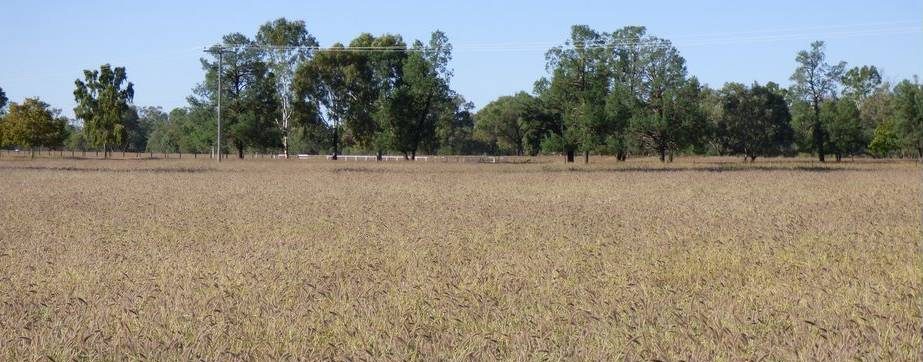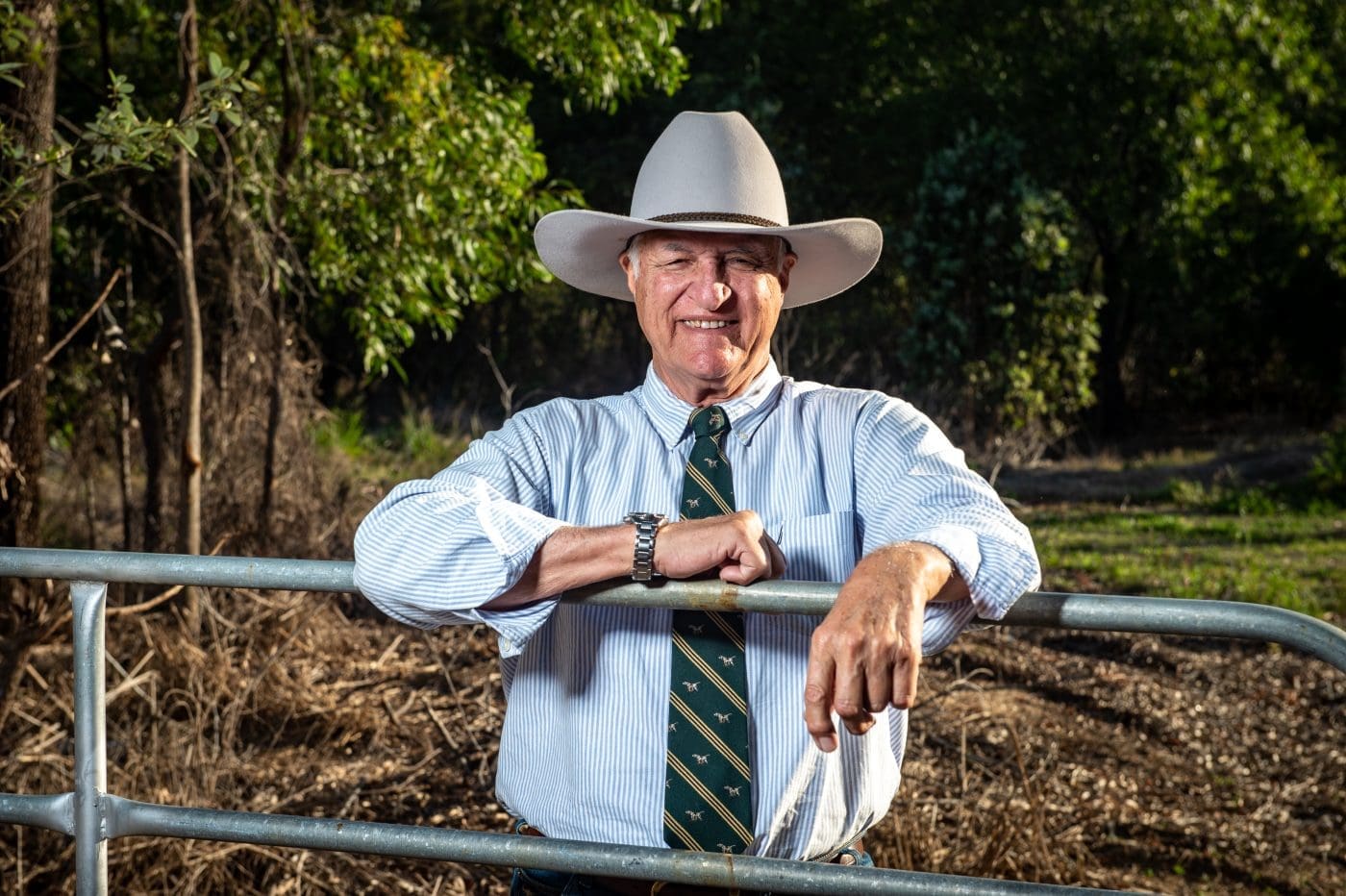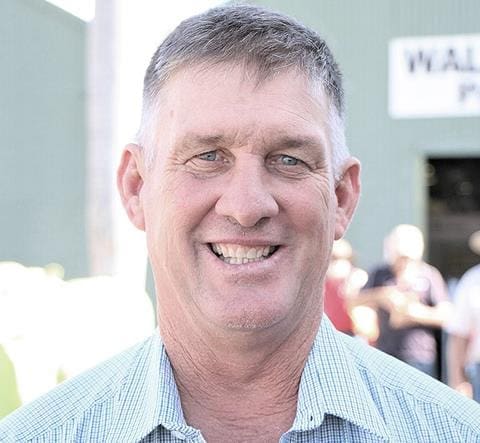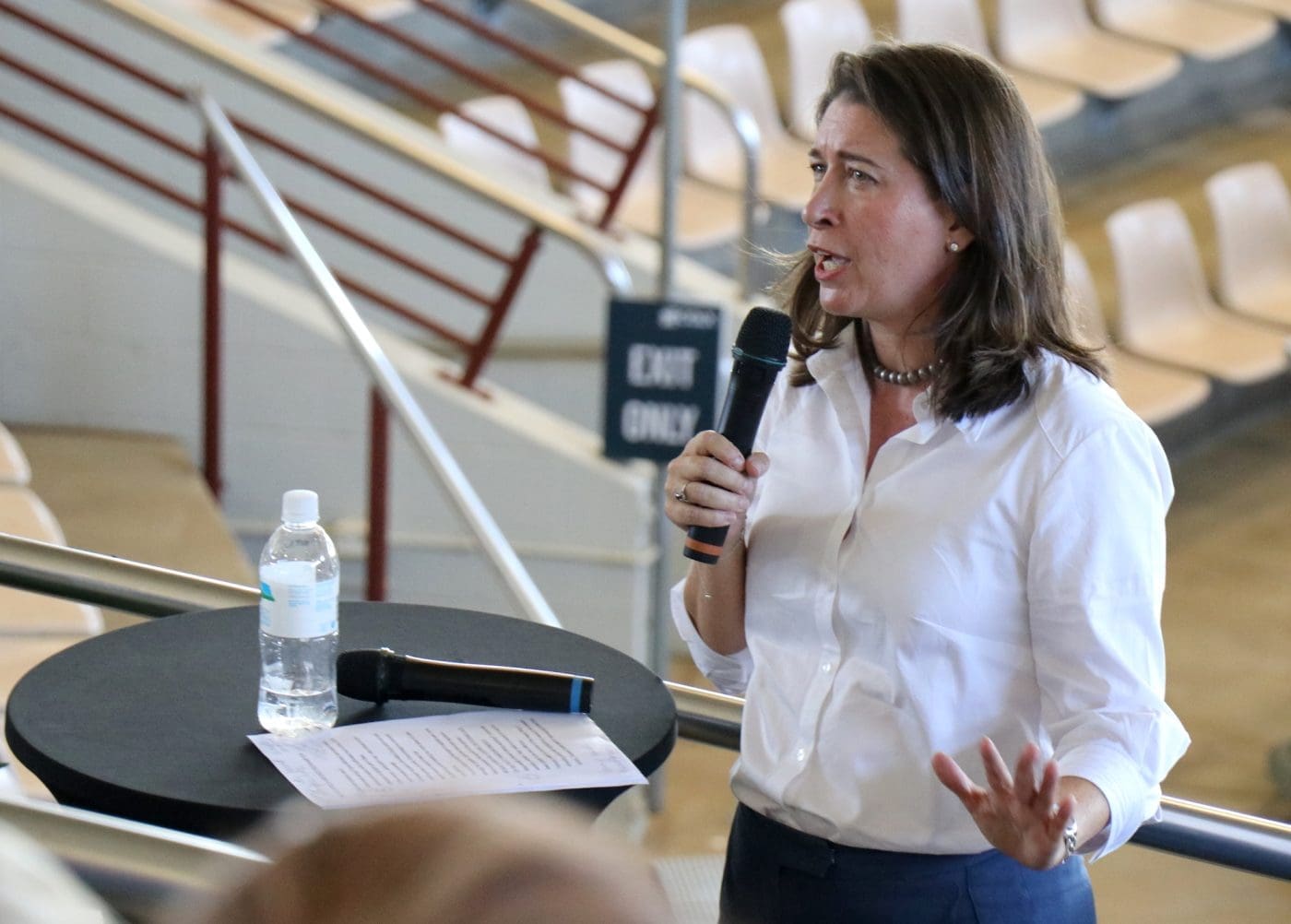FARMING groups and politicians have come together to put buffel grass on the agenda ahead of the Federal election, with the Labor Government expected to call an election in the coming days.
A proposal to make buffel grass a weed of national significance has drawn a strong response from the industry in recent weeks, including Cattle Australia chair Garry Edwards saying the plant needed an Order of Australia Medal at the recent Northern Territory Cattleman’s Association conference.
The main concerns are about large-scale efforts to eradicate the plant that is a vital pasture on many grazing properties across the country.
Kennedy MP Bob Katter urged the Government to abandon the proposed listing.
“Buffel grass wasn’t brought here by accident – it was introduced because it’s one of the best options we’ve got. It holds the soil together and keeps the cattle fed even during drought,” Mr Katter explained.
“The Gulf and Peninsula were built on buffel, Brahman, and bitumen.
“Buffel grass is essential to the northern cattle industry, and to label it as a weed would be counter-intuitive, turning all of the North into a weed-infested dust bowl.”
Mr Katter said buffel’s deep-rooted resilience has dramatically improved rainwater efficiency and environmental sustainability across Australia.
“Buffel grass is not some noxious weed—it’s an improved pasture grass. It holds the soil together, soaks up the rain, and has improved sustainability while reducing erosion,” he said.
“Meanwhile, terrible invasive species like lantana, prickly acacia, rubber vine, and feral cats and pigs, should be demanding our attention. Why on earth are we wasting our time even talking about this?”
Part of a wider issue
AgForce Queensland Cattle President Lloyd Hick said the buffel proposal was part of a wider trend of the current Government making decisions without any industry input.
“This is not an isolated issue. It is part of a broader pattern of decisions being made without industry input, with disastrous consequences for agriculture and Australia. If the beef sector does not push back hard on this, it will be taken as a win and another critical pillar targeted next.
“Producers are increasingly frustrated as time and energy that should go into food production is spent pushing back against agenda-driven ideas and re-educating city-based decision makers who think they understand the land—but don’t.”
Securing the right to graze buffel a focus of Cattle Australia
Cattle Australia chief executive officer Dr Chris Parker said it was not fair to put buffel grass alongside other well-known pests.
“It is flawed ideology for buffel grass to be considered a weed of national significance when it has positive environmental, social and economic impacts for Australia, and is absolutely vital for Australia’s agricultural and livestock industries. Buffel grass shares no characteristics with actual weeds of national significance,” Dr Parker said.
“When compared to the environmental impact of lantana or blackberries, buffel grass should not even be in the same conversation.
“It is essential to the production of millions of kilograms of beef for Australian and international markets. In 2024, Australia exported 1,972,000 tonnes (carcase weight) of beef and the red meat supply chain employed more than 430,000 people, contributing tens of billions of dollars to the national economy, and buffel grass has been critical to that success.
“It is clear there needs to be an urgent reform of the process used to assess the impact of non-native plant species, to ensure plant species of economic and agronomic significance are not targeted, and immediate action should be taken to establish buffel grass as a Primary Production Strategic Asset.”
Qld LNP Government joins campaign against buffel listing
Queensland Nationals senator Susan McDonald said the Qld state government had joined the campaign against the buffel listing.
“The whole process lacks transparency, its impacts are unknown and details about who would manage buffel grass are non-existent,” she said.
“There are suggestions biological controls may be implemented but that might harm native plants and animals, in addition to the economic prosperity of regional Australia.
“There are far too many questions about this process which is being undertaken without any consultation with industry, and I will be joining State Primary Industries Minister Tony Perrett to ensure Queensland isn’t subjected to this outrageous and dangerous declaration.
“It’s also concerning that the Albanese Labor Government is targeting buffel grass while known pests such as pigs, canetoads, fire ants, fall army worm and navua sedge are still proliferating and causing enormous damage.
“It is yet another example of this government rushing to appease activists by attacking primary industries in this country, particularly beef production.
“Labor has banned live sheep export, it has banned net fishing in North Queensland, it has launched damaging water buybacks in the Murray Darling and it is happy to sacrifice farming land for solar and wind farms.
“The people of Australia should be extremely concerned that our food security is being undermined by its own government.”





